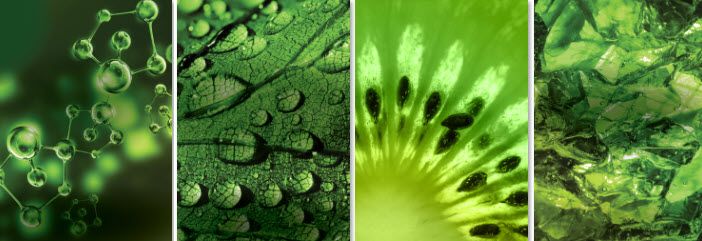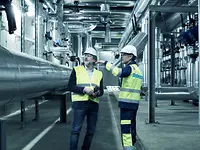The challenge:
Shorten reaction time to changing sludge conditions
Ocean County Utilities Authority (OCUA) is a regional wastewater reclamation company headquartered in Bayville, New Jersey, USA. It operates three wastewater treatment facilities and serves a total of 36 municipalities in both Ocean County and Monmouth County (including New Jersey‘s Point Pleasant Beach, pictured). The collection system consists of 40 pumping stations, approximately 200 miles of force main and gravity lines, and three ocean outfall lines.
Additionally, the Authority produces OCEANGRO®, a valuable organic nitrogen fertilizer. The Bayville wastewater treatment plant has been operated by ANDRITZ for more than 20 years as part of a fruitful long-term partnership. The wastewater is treated on three ANDRITZ belt filter presses and two ANDRITZ DDS 40. However, given their many other tasks, rapid changes in sludge conditions cannot always be managed by the operating team. Fluctuations in the characteristics of incoming sludge are, therefore, an ideal case for a smart automation system. In order to improve plant efficiency at Bayville, ANDRITZ specialists proposed deployment of the latest AI-driven state-of the-art technology - Metris addIQ RheoScan.









